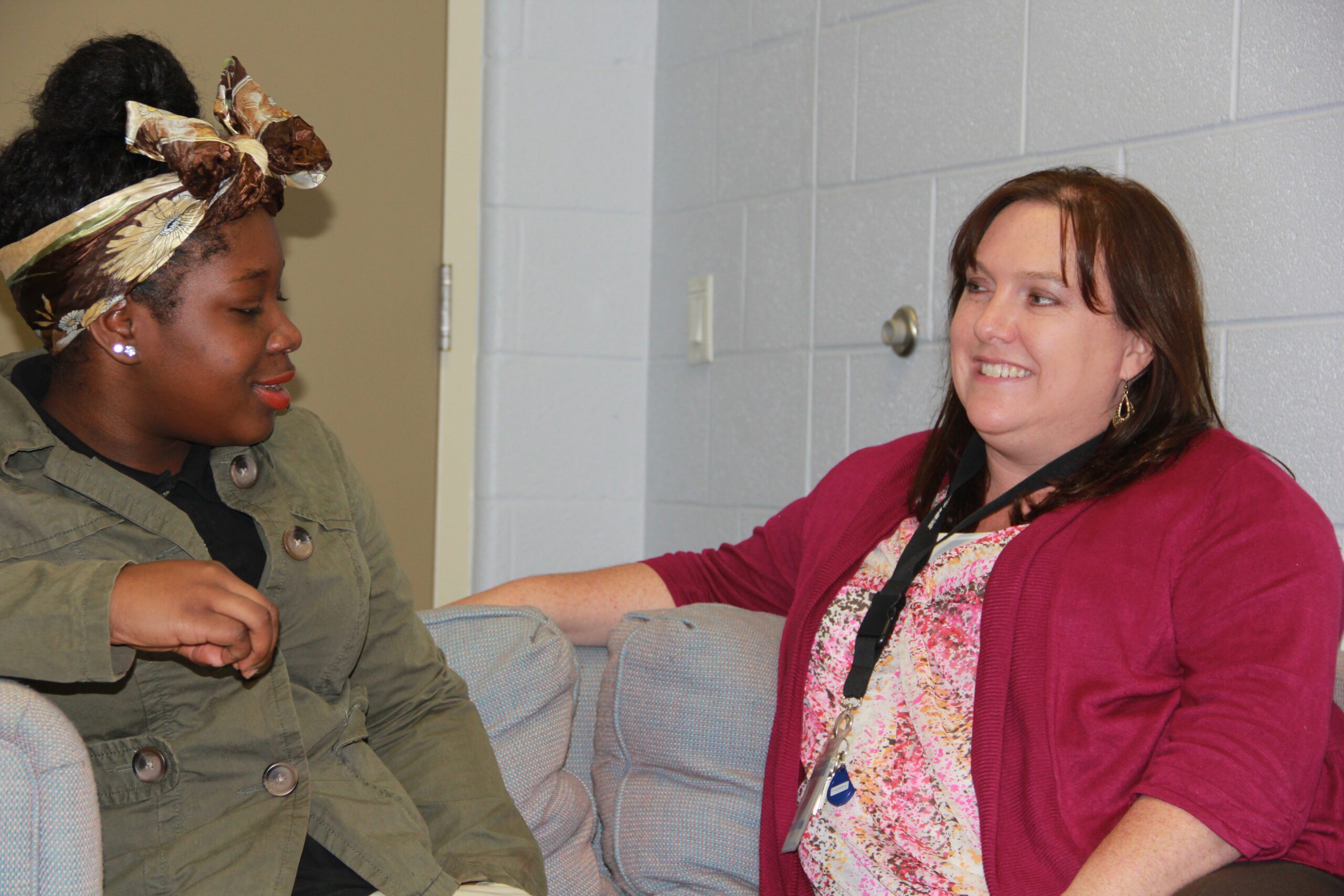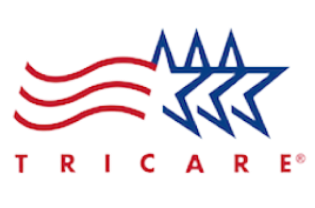Trauma-Informed Care
At Youth For Tomorrow, we realize some of the unique challenges that children of military service members experience. Two examples are parental separation due to lengthy unaccompanied trainings or deployments and multiple relocations.

Youth For Tomorrow will create and maintain a safe, structured, therapeutic environment with a system-wide understanding of trauma prevalence and recovery. Youth For Tomorrow will ensure that all program services are client driven and focused on the healing and recovery process. All staff are trained to provide trauma informed services that avoid re-traumatization and consider an individual's triggers and unique emotional needs.
Kids & Families

At Youth For Tomorrow, we realize some of the unique challenges that children of military service members experience. Two examples are parental separation due to lengthy unaccompanied trainings or deployments and multiple relocations.
We developed a specific treatment group (Stars and Stripes) just for these children. Veterans employed at Youth For Tomorrow meet with these children on a weekly basis discussing on a rotation topics that were developed by various veterans to include a retired Army Colonel and spouse who have two children of their own. Our goal is to provide specialized assistance and support to military children that will address the unique challenges that they experience. Our desire is to make a positive impact on the lives of military children and their families.
Positive team building exercises and activities are also part of our interventions. When a military child arrives at YFT it is our goal to help them experience that though their situations may not had by all, it is their unique experiences and we desire to intentionally and respectfully make a positive impact into theirs as well as their family's lives.
- Assessment and diagnosis
- Trauma-specific therapy for individuals and their families
- Therapeutic behavior management program which includes a 7-stage system
- Person centered treatment planning
- Structured home-like environment with trauma informed staff
- Fully accredited school (grades 7-12, GED)
- Adapted schedules if needed to support mental health needs
- Trauma informed teachers and staff
- Supportive interventions within the classroom (use of grounding objects, breaks, art, journaling, exercise, animal assisted therapy, or other coping strategies to assist in emotional regulation during the school day)
- Individualized educational goals
- Tutoring
- Credit recovery
- Medical treatment
- Empowerment through life skill development and off campus employment
- Equine therapy
- Voluntary Christian services

The goals and tasks of the PSB tract require the demonstration of cognitive comprehension and implementation of new ways of thinking which positively impact behaviors. Goals are evaluated through a combination of education and awareness about the client's specific issues and the demonstration and internalization of that awareness. Positive changes in social interactions, performance, understanding of personal dynamics, and ability to maintain healthy relationships are viewed as evidence of this type of internalization.
The goals and tasks of the PSB tract require the demonstration of cognitive comprehension and implementation of new ways of thinking which positively impact behaviors. Goals are evaluated through a combination of education and awareness about the client's specific issues and the demonstration and internalization of that awareness. Positive changes in social interactions, performance, understanding of personal dynamics, and ability to maintain healthy relationships are viewed as evidence of this type of internalization.
- Working with the client to help him understand and comprehend his Problematic Sexual Behaviors.
Complete social history questionnaire
Complete sexual history questionnaire
Complete offense description(s) - The role of denial in the offense behaviors
Review various forms of denial
- Healthy Boundary development.
What are they?
Cognitive vs. Behavioral
Implementation strategies and accountability - Cognitive processing and fantasy work
Understand the types of fantasies the client engages in and how this impacts levels of risk Demonstrate knowledge of healthy sexual behavior and use of appropriate and safe thoughts. Evaluated by the client's actions and the completion of logs.
- Demonstrate the ability to manage negative feelings without resorting to acting out behaviors.
Evaluated by client's level and feedback from staff and others.
Evaluated by client's feedback on his negative feelings log - Demonstrate ability to interact with appropriate aged positive peer group.
Evaluated by staff's observations of youth in the community (with permission).
- Apply methods of impulse control.
Evaluated by client's ability to control impulses using appropriate managing techniques.
- Demonstrate knowledge and active awareness of sexual abuse dynamics.
Evaluated by client's understanding of his offense cycle and ability to explain it to others.
- Demonstrate knowledge of offense cycle, including triggers and grooming behaviors.
Evaluated by client's understanding of his offense cycle and ability to respond to these issues in various settings (e.g. individual, family therapy, program milieu, etc.).
- Display appropriate victim empathy.
Evaluated by client's demonstration of empathy skills and completion of empathy exercises and homework.
- Demonstrate a willingness and commitment to apply relapse prevention plan.
Evaluated by client's ability to respond to these issues in individual, and/or family therapy sessions.
- Parents/caretakers demonstrate a willingness to intervene proactively in the client's life and support treatment goals.
Evaluated by family's participation in family therapy.
Vice President, Residential Services

